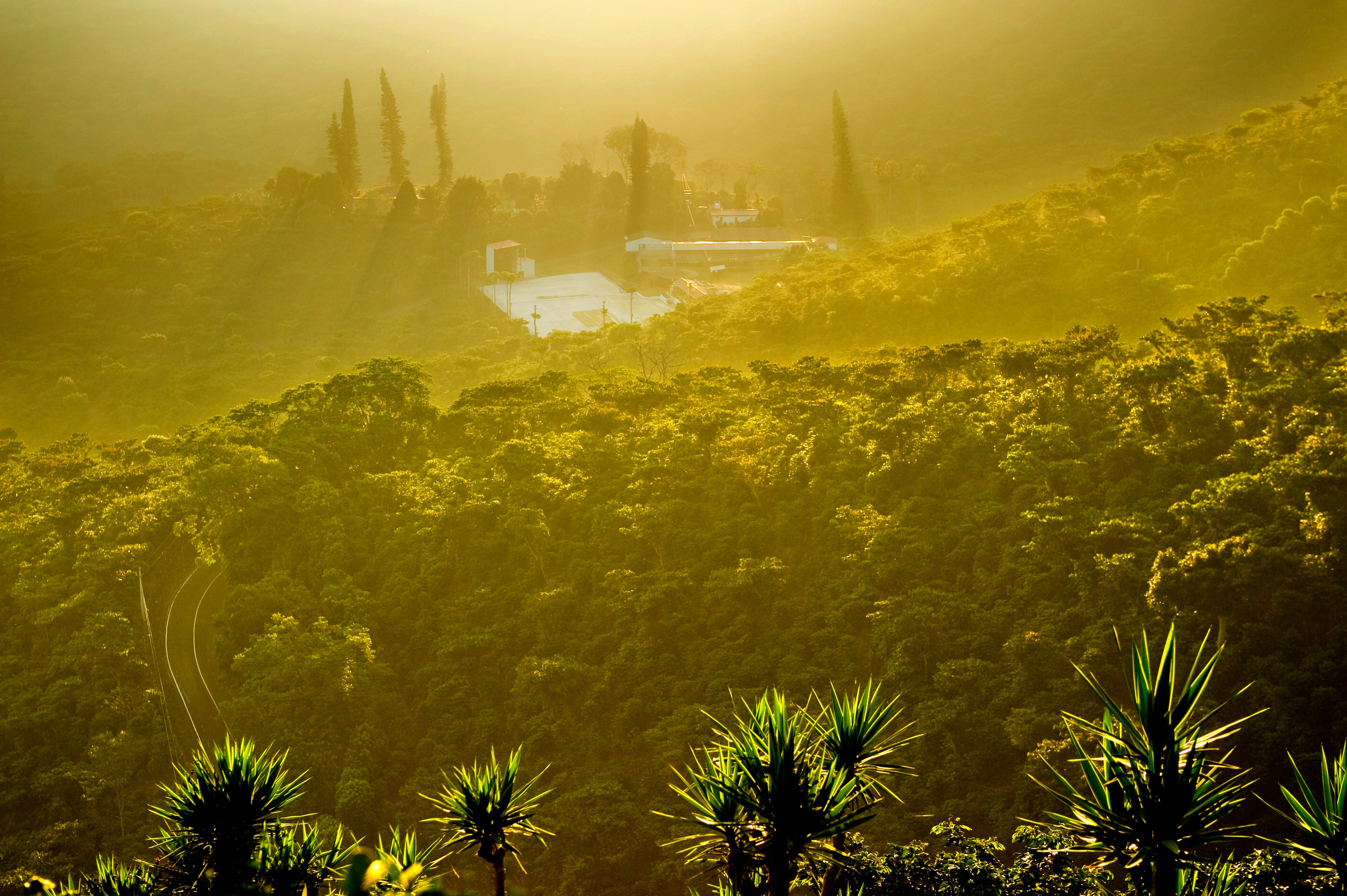
frequently asked questions
orders, shipment and fulfillment
ALL orders, regardless of shipping method chosen, typically takes 1-2 business days from the date of order for us to roast, package, and ship.
We ship to the entire United States via the US Postal Service and UPS. Transit times typically take 1-5 days depending on how far away you are from Tulsa. Once your order is in the hands of of the postal carrier, we do not have any control over how quickly the package is delivered.
We are roasting coffee daily, Monday-Friday. We aim to fulfill online orders with coffees between 1-7 days off roast, so that when it is delivered to you, it's had time to degas and is ready for brewing.
Coffee is best brewed after it has had time to degas (at least 5-7 days off roast). Coffee's aroma will be at its peak intensity and freshness within the first month after roasting. So, if you are planning on signing up for a subscription, it's best to order for a month's supply at a maximum if you are looking to get the absolute best out of your beans.
We ship to the entire United States via the US Postal Service and UPS. Transit times typically take 1-5 days depending on how far away you are from Tulsa.
about topeca, our farms and our coffee
Topeca (Toe-Peck-Uh) is Maragita Gaberino's namesake. It used to be her childhood nickname.
Topeca (Toe-Peck-Uh)
Yes, much of our coffee is directly traded, meaning we pay the producer directly, in cash, for coffee at a sustainable price, and import that coffee ourselves. In fact, about 80% of the coffee we roast is grown on farms that we own ourselves or have partnership interest in.
Our family owns 100% of our 2 farm's in El Salvador, Fincas Ayutepeque and El Manzano. We have 25% ownership through our family in Fazenda Santana in Brazil. The other 20% or so of coffees that we purchase, we rely on reputable direct trade coffee importers, such as Cafe Imports and Crop to Cup to help us source, finance, import, and warehouse the coffees we need.
We are committed to purchasing only coffees with full traceability down to the mill/washing-station/community of small farmers at a minimum.
This indicates coffees that we source and purchase directly from the producer. In this purchase model, we get the select the coffees that fit our needs, and we pay prices based on quality, volume, and the actual cost of goods for the produce. We do not purchase coffee based on the commodity C Market, which is often priced well below the average cost of production for many producers. Purchasing directly also allows us to verify the growing conditions of the coffees, treatment of workers, and the effectiveness and sustainability of a producer’s practices. The coffees that comprise many of our flagship blends are directly traded in this manner. We also work with direct trade importers to source many of our seasonal single-origin selections that we roast throughout the year.
Specialty grade coffee is coffee that meets both the physical and sensorial standards determined by the Specialty Coffee Association. Simply stated, it means a coffee that is fresh crop, free of both defective beans and flavor. Specialty grade coffee represents a very small percent (about 5%) of the world’s coffee. Beyond quality standards, the Specialty Industry is wholly committed to creating a more sustainable, equitable, and inclusive reality for all players in the value chain, especially those who are least represented, the world’s coffee farmers.
Short answer, no, not always. However, that doesn't mean we don't do all that we can to mitigate between being responsible stewards of the land and the realistic challenges of growing coffee at a profit. On our farms, we try to minimize our inputs where ever and whenever possible, and are constantly trying new agricultural techniques in order to increase our overall sustainability.
We do from time to time purchase coffees that were grown on Organic Certified farms, and we will say so on the coffees product page if it was. Though, not holding NOP certification for our roastery, we are unable to label the package as "Organic." There's nothing in our roasting processes that would be considered "non-organic." We simply take the beans, heat them in a roaster, and then package them.
You may be interested to know that 99% of coffee grown in Ethiopia are considered "organic by default", even if it doesn't carry certification. The reality is many small farmers lack the resources, funds, or farm size to apply for and maintain certification. They likely grow things in an organic manner, but lack the certification. Since we purchase traceable coffees, you can always send us a message and inquire about a specific coffee and we'll find an answer for you.
No, these are natural flavors found in the coffee. Coffee is the seed of Coffee Fruit. Like any other fruit in the world, there are 1000s of botanical varieties. Different varieties will have different flavor characteristics, a lot like wine. Other things that impact a coffee’s flavor include where the coffee is grown, how the fruit is processed, how the seed is dried, how well the coffee is sorted, how the coffee is roasted, and lastly, how you brew it.
No, at our farms in El Salvador, we've developed a noninvasive technique in dealing with insects. We hang bright pink plates amongst the coffee shrubs, which attract insects, where they then become stuck in a glue that we apply to the plates. We've found this to be as effective as commercial pesticide sprays in minimizing insect plague, and more cost effective.
Fungus can be a real crop killer, especially in recent years as the global temperature is warming, creating wetter, hotter conditions in coffee growing regions.
We do not spray fungicides as a standard practice, though we have tried many treatments over the years ranging from conventional to bio-dynamic in nature. It's always a crapshoot, what will work during a specific season. Our long term solution, which is a better strategy for overall sustainability and farm health, is to engage in proper pruning practices, renewing plants on a regular basis, and diversifying the types of cultivars planted throughout the farm.
Yes, coffee plants are extremely hungry and require a great deal of minerals and nutrients to stay healthy and productive. Our approach is a mix of commercial fertilizers containing calcium, magnesium, and nitrogen, as well as organic compost made from the discarded coffee cherry skins and pulp.

